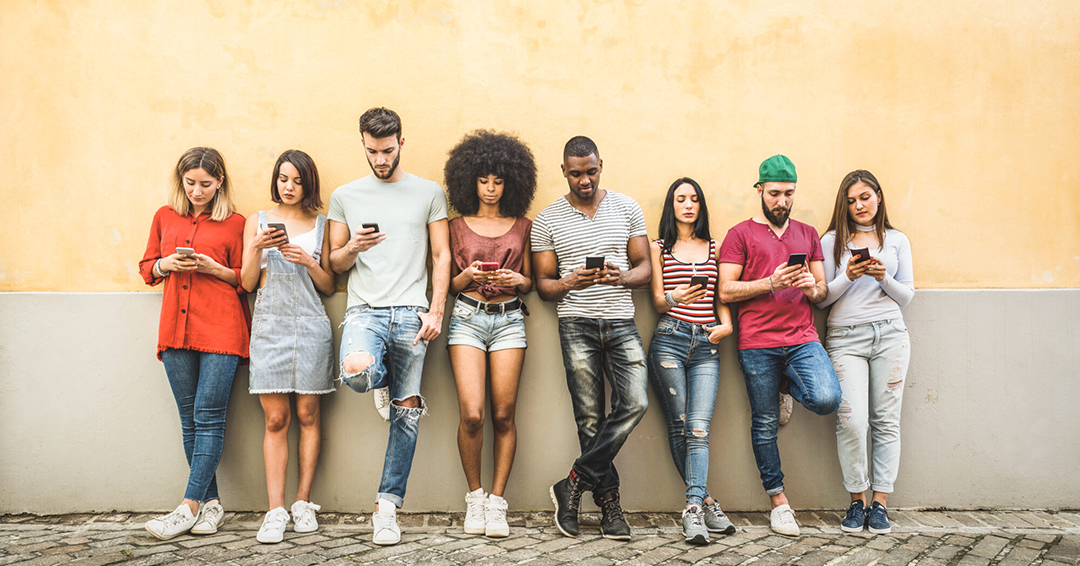
McGill researchers taking part in province-wide campaign to get young people unhooked from their mobile devices
Researchers with McGill’s Department of Psychiatry are among those behind a province-wide campaign to raise awareness among young people about the time they spend on their smartphones – and to remind them of what life could be like if they cut down on their screen time.
With the assistance of the Quebec government and the media company Cogeco, the PAUSE campaign is aiming to give teenagers and young adults an alternative to constantly scrolling on their phones and their social media accounts. On November 21, they’re challenging young people to shut off their smartphones for 24 hours.
“The campaign seeks to address an ongoing debate and growing consensus among researchers and clinicians about the adverse effects of screens and smartphone use on daily life,” says Samuel Veissière, an Assistant Professor with McGill’s Department of Psychiatry, and the co-creator of McGill’s Culture, Mind and Brain program. “In particular, the negative impact on mood, anxiety, memory, learning, sleep quality, and social relations.”
Making real connections
Organizers of the campaign suggest they’re not against smartphones or the Internet in general, but they want to remind young people of the benefits of maintaining some measure of control over on their online lives. Ultimately, they see the 24-hour challenge as an opportunity for youngsters to learn how cutting screen time can allow them to take better care of themselves, and to keep a sense of balance in our hyperconnected world.
Veissière says that while the scientific community is divided on precisely how screen time negatively affects children’s development and health, he says, overall, the Internet as a whole has generally done more harm than good – particularly with the rise of social media platforms such as Facebook, Instagram and TikTok.
“The rising rates of learning and motivation problems, burnout, mental illness, anxiety, body image and identity issues, loneliness, misinformation, polarization, and conflict that characterize our times can all, to some extent, be linked to increased screen-time and a decrease in both quality face-to-face interaction and quality alone time,” Veissière said.
Regaining control over smartphone use
He hopes the PAUSE campaign can ultimately lead to a movement for digital minimalism and more mindful screen use.

“By learning to regain control over their smartphone use, people can improve many aspects of their life from better self-control, self-esteem and school performance to better social relations, better sleep, and greater life satisfaction,” Veissière said. “I hope that in time, computers and smartphones will be sold with health warnings similar to those found on alcohol, tobacco, and marijuana packaging.”
Veissière notes a number of families have started implementing screen-time rituals inspired by some company policies: no screens at dinner time, after 6 p.m., in the bedroom, or on weekends. Some people observe a “digital sabbath” of one full day per week without screens of any time. These kinds of practices, he says, could end up making a world of difference.
“The time is ripe to radically rethink and reduce our relationship with screens, and I commend the PAUSE campaign for paving the way into a slower, better future,” Veissière said.
The campaign’s website contains a number of articles and resources promoting the benefits of reducing screen time, as well as an online quiz developed with the help of McGill researchers.
